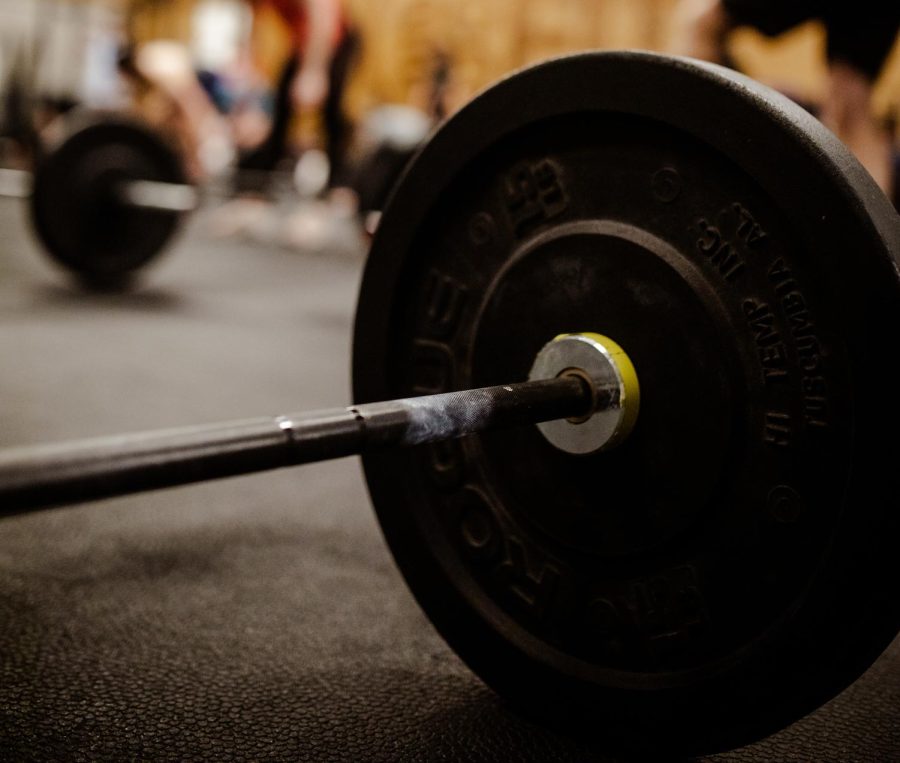Opinion: The Rise of the Fitness Influencer
March 21, 2023
Social media fitness influencers have become a staple in the online world, with millions of followers looking to them for guidance on living a healthier lifestyle.
From Instagram to TikTok, fitness influencers are using the power of the internet to share their fitness routines, healthy meal plans, and tips for leading a more active lifestyle.
While some view these influencers as a source of inspiration and guidance, others question the legitimacy of their advice and the potential harm that could come from following their recommendations.
I have been influenced by fitness gurus such as Mike Rashid, Simeon Panda and Athlean X. I try to watch their videos and gain tips to utilize them in the gym with the hope to look like them one day.
This is where the good and bad of fitness influencers come into play.
These guys will show you what they eat in a day or a set of exercises to do if you want to look like them. I would find myself trying to implement these routines in my daily routine in hopes of achieving a non-realistic goal.
When it comes to fitness or social media influencers in general people have to take a few things into account.
Most of us are students and have jobs, so being in the gym for three to four hours a day is just not possible. With that being said, trying to incorporate their diets will not go as planned either. I had to tell myself that I am me. My body may not be able to look like theirs.
Some of these fitness guys have attained these looks by using performance enhancing drugs or PEDs as they’re often referred to as. Some influencers, including women, achieve great physiques thanks to PEDs. These so-called “experts” present themselves as people in the gym who train hard and eat proper, but do not admit to using enhancing drugs.
While there are some fitness influencers who openly discuss their use of PEDs, there are many others who remain silent on the issue, leaving their followers to speculate on the authenticity of their results. This lack of transparency not only puts the influencers’ own health at risk, but also potentially leads to dangerous and unrealistic expectations among the people who look to them, including myself.
Despite the criticism, the popularity of social media fitness influencers shows no sign of slowing down. Many influencers have built successful businesses around their social media accounts, partnering with fitness brands and launching their own workout programs.
My word of advice to people is to be comfortable with who you are. Social media is a tool that can be used in many ways. Don’t use it in a way that makes you feel less than yourself because of what you don’t look like or what you don’t have. In a world of AI, scammers, cheaters and corruption, just continue to be you. Remember, life is a marathon not a sprint.
jmcdaniel@mail.umkc.edu







